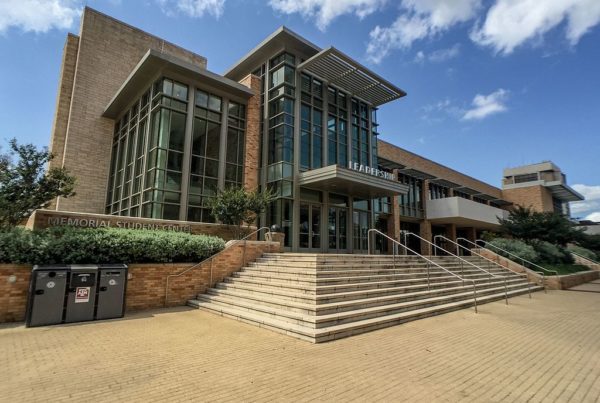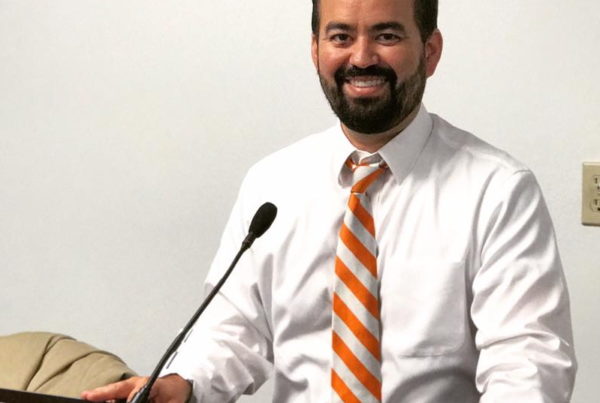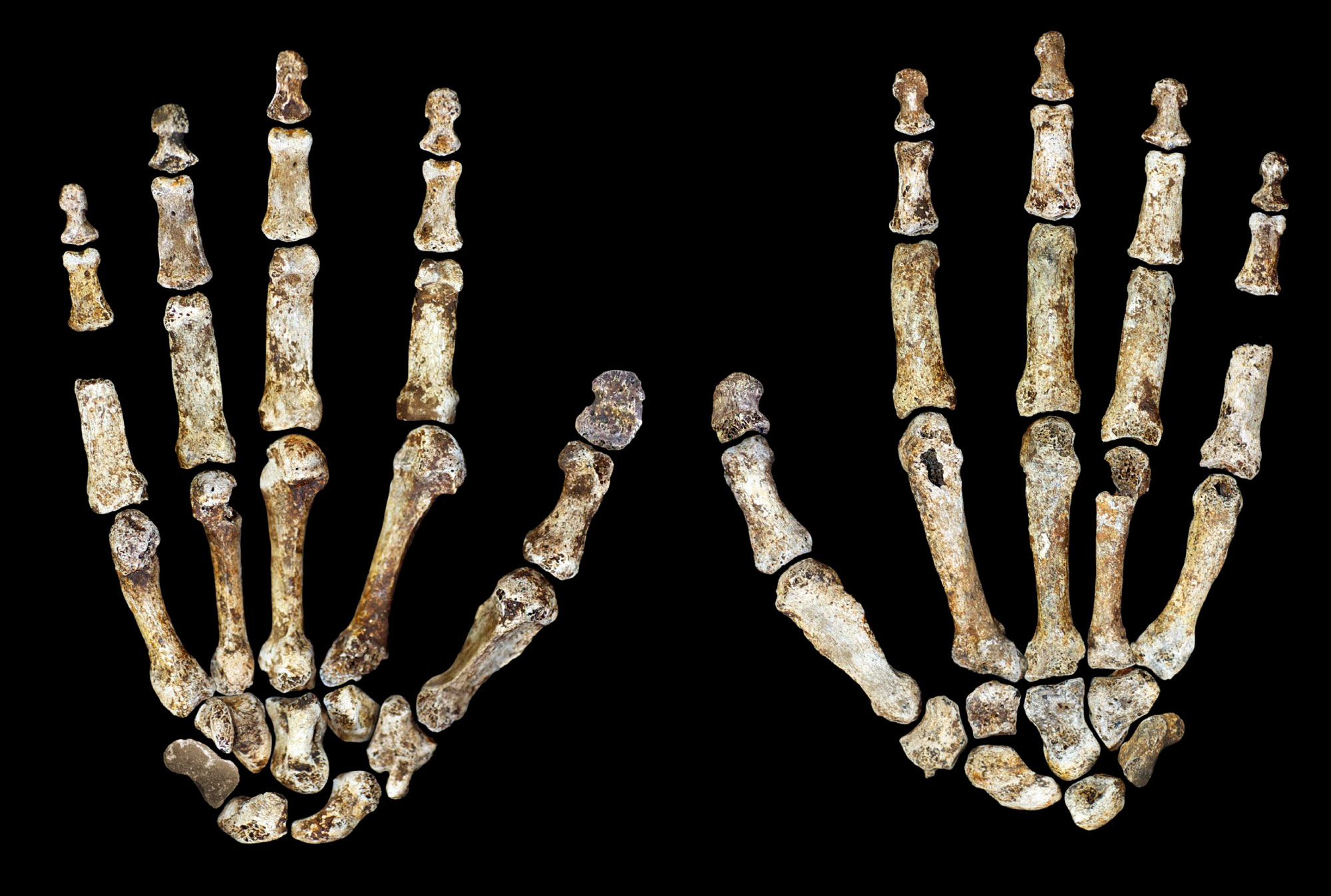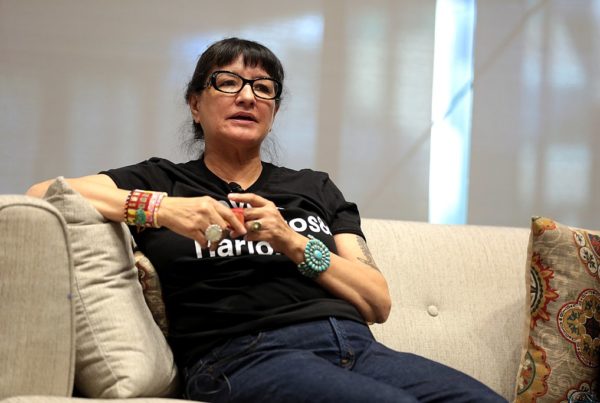While no one expects Texas to “turn blue” any time soon, an energized Democratic Party could mean tighter races for the Texas House of Representatives in 2020. In 2018, winning margins in 17 House races were 10% or less. And 10 of those were in North Texas.
Dallas Morning News state government reporter James Barragán says Democrats last controlled the Texas House in 2003. The Party has made significant gains in the past two election cycles, beginning with 2016 when the party’s candidates benefited from antipathy to then-presidential candidate Donald Trump. In 2018, Beto O’Rourke’s close contest with Sen. Ted Cruz was a source of momentum for down-ballot Democrats.
“They flipped a total of 12 seats in the House,” Barragán says.
The 2018 election left a total of 83 Republicans in the House, along with 67 Democrats.
“Some people credit that balance to the particularly successful legislative session that we had this year,” Barragán says.
North Texas has a lot of “purple hotspots” – districts that either flipped to the Democrats in 2018, or could do so in 2020.
“Even in some places like Tarrant County, Denton, Collin – places that are really staunchly conservative, and that have been traditionally Republican strongholds – there were a lot of challengers who came really, really close to beating the incumbents,” Barragán says.
Republicans are working hard to defend their seats, Barragán says. They’re raising a lot of money to support their candidates. Democrats, on the other hand, are focusing on the races they came close to winning, like the only two seats in Dallas County still held by Republicans.
“Morgan Meyer only keep his seat by 200 votes,” Barragán says. “Matt Shaheen in Collin County only kept his seat by, I think, 400 votes.”
Barragán says many Democratic challengers who lost close races in 2018 are gearing up for next time. They “never stopped running,” he says.
Written by Shelly Brisbin.















